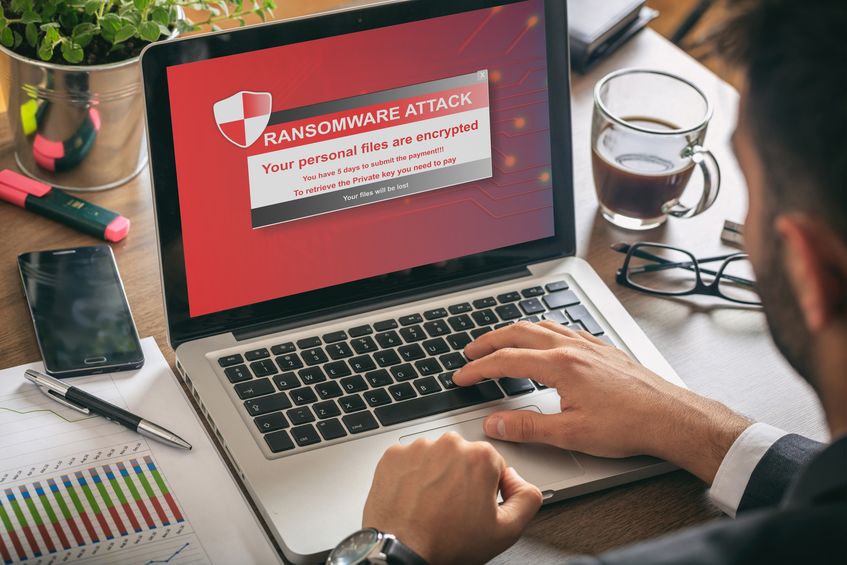Sometimes, I just want to hide my head in the sand, even viewing just tech-related news. What I’ve been seeing lately, especially the news surrounding ransomware, is concerning. It’s not just for-profit companies that are victims, even hospitals and, yes, libraries have been targets for ransomware. However, it was the recent news of a new type of attack vector that has made my mind boggle: researchers have found that it’s now possible to infect a digital DSLR camera. If Internet-connected cameras can be targets, then it doesn’t take much imagination to figure that other connected devices may also be vulnerable.
- Ransomware Attacks on Businesses Are Skyrocketing [PC Magazine] ” In the second quarter, the company noticed a 363 percent year-over-year increase on ransomware attacks targeting clients running its business software. ‘Cybercriminals are searching for higher returns on their investment, and they can reap serious benefits from ransoming organizations over individuals,’ the antivirus firm said in a Thursday report. “
- Ransomware attacks are getting more ambitious as crooks target shared files [ZDNet] “Not just encrypting files on PCs and servers, but locking down entire network environments is now the aim of criminals who want to prevent the ability for organizations to recover backup data in order to ensure that they leave victims with no choice but to pay. “
- Should You Pay Up If You Get Hit by Ransomware? [How-To Geek] “And don’t forget—if you pay, there’s a decent chance you won’t be able to reclaim access to your files, anyway. There are also ethical questions about paying off criminals. As any good economist will tell you, any behavior you reward, you’ll invariably get more of. “
- Cybersecurity officials warn state and local agencies (again) to fend off ransomware [Ars Technica] ” These are just the latest episodes in a long line of state and local government organizations that have fallen to ransomware attacks. As Louisiana was declaring a state of emergency, the Board of Estimates of the City of Baltimore was approving $10 million in spending to recover from the city’s nearly month-long IT outage caused by the RobbinHood ransomware.
From the Ohio Web Library:
- Best Practices for Effectively Defending Against Ransomware Cyber Attacks ( Oberly, D. J. (2019). Best Practices for Effectively Defending Against Ransomware Cyber Attacks. Intellectual Property & Technology Law Journal, 31(7), 17–20. )
- Never Give Ransomware Scammers Your Money ( ddy, M. (2019). Never Give Ransomware Scammers Your Money. PC Magazine, 24–26. )
- Avoid Getting Hit by Ransomware: Five Tips for Employees: When Lives Are on the Line, Your Employees Could Be Your Best Line of Defense ( MARCUS CHUNG. (2019). Avoid Getting Hit by Ransomware: Five Tips for Employees: When Lives Are on the Line, Your Employees Could Be Your Best Line of Defense. Journal of Health Care Compliance, 21(1), 43–46. )


